Meet the Cohort
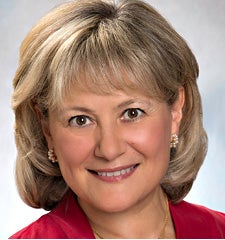 Elena Aikawa, MD, PhD
Elena Aikawa, MD, PhD
Professor, Brigham and Women’s Hospital
Elena Aikawa is professor of medicine at Harvard Medical School and Naoki Miwa Distinguished Chair in Cardiovascular Medicine at Brigham and Women’s Hospital (BWH). She is also co-director of the Center for Interdisciplinary Sciences, founding director of the Heart Valve Translational Research Program, and associate head of section of Cardiovascular Life Sciences at BWH. Aikawa is a passionate advocate for the early imaging and treatment of calcific aortic valve disease. Her research program, which has been continuously supported by NIH funding, focuses on the development of new therapies to prevent, treat, and cure calcific aortic valve stenosis, a disease that currently has no treatment options other than valve replacement. She was at the forefront in the discovery of inflammation-dependent mechanisms of cardiovascular calcification. Her studies contributed to the discovery of calcifying extracellular vesicles (exosomes) as a precursor of microcalcification. She holds editorial positions at the Cardiovascular Research, Circulation Research, Journal of Extracellular Vesicles, PLoS ONE, and Arteriosclerosis Thrombosis and Vascular Biology.
How has mentoring impacted your own career?
Mentoring has made me more inclusive, more patient, more flexible, and more kind. I have become a good listener and better communicator.
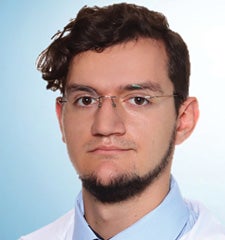
David Dimitris Chlorogiannis, MD, MSc(Res/c)
Brigham and Women’s Hospital
Research Scholar
David is interested in discussing:
- Transitioning to residency
- Conferences
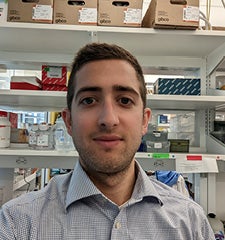
Federico Montini, MD
Brigham and Women’s Hospital
Postdoctoral Fellow
Federico is interested in discussing:
- Transitioning to a faculty position
- Grant writing
- Balancing work and family life
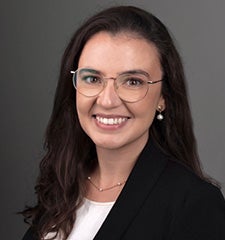
Gabriela Rangel Brandao, MD
Beth Israel Deaconess Medical Center
Research Fellow
Gabriela is interested in discussing:
- Navigating academia
- Careers in research
- Academic surgery
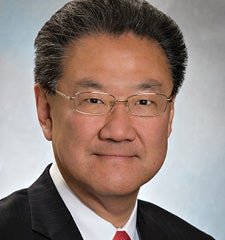 Masanori Aikawa, MD, PhD
Masanori Aikawa, MD, PhD
Professor, Brigham and Women’s Hospital
Masanori Aikawa serves as director of the Center for Interdisciplinary Cardiovascular Sciences (CICS) at Brigham and Women’s Hospital (BWH). His research interests include the pathogenesis of atherosclerosis and metabolic disorders, macrophage biology, and the pro-inflammatory role of dyslipidemia. Aikawa’s ultimate goal is to translate basic research findings into clinical practice through multidisciplinary efforts. His role as founding director of CICS represents this goal, where explorations for new therapeutic targets for cardiometabolic diseases are carried out in transpacific collaboration with Kowa Company, Ltd. a Japanese pharmaceutical company. Aikawa also has a research laboratory in the Center for Excellence in Vascular Biology at BWH, primarily supported by grants from the National Institutes of Health and the American Heart Association, where he studies novel triggering mechanisms of macrophage activation in the contexts of atherosclerosis and metabolic disorders. He completed his clinical training at Juntendo University School of Medicine, in Tokyo, Japan, and began his initial research at the University of Tokyo.
What are you looking forward to as a mentor this year in the program?
I look forward to exchanging experiences and thoughts between my mentees and myself as a mentor. Such two-way traffic is important for both sides. It gives mentees opportunities to systematically think of their strategies and future directions. It also helps a mentor further develop her/his skills as an efficient educator.
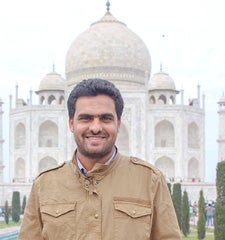
Omar Ahmed, PhD
Brigham and Women’s Hospital/Harvard Medical School
Postdoctoral Research Fellow
Omar is intersted in discussing:
- Work/life balance
- Transitioning to a faculty position
- Bridging academy and industry
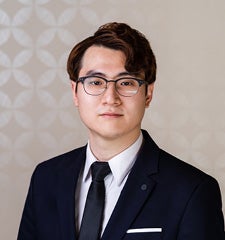
James SeongJun Han, PhD, MSc
Harvard Medical School
Postdoctoral Fellow/Banting Fellow
James is interested in discussing:
- Transitioning to a faculty position
- Work/life balance
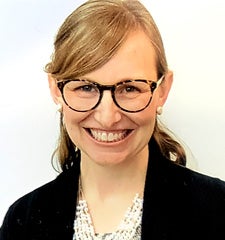
Katherine Kosman, MD, MBA
Harvard Medical School
Attending Psychiatrist/Instructor
Katherine is interested in discussing:
- Ways to expand your mentorship circle
- Career pathways in clinician research
- Career advancement
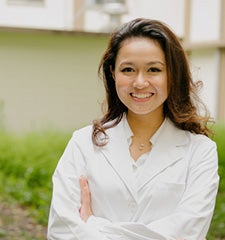
Ea Kristine Clarisse Tulin, PhD
Beth Israel Deaconess Medical Center
Postdoctoral Research Fellow
Ea Kristine Clarisse is interested in discussing:
- Career pathways in industry
- Transitioning to a faculty position
- Opportunities in biotech
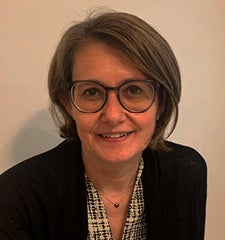 Elda Arrigoni, PhD
Elda Arrigoni, PhD
Associate Professor, Beth Israel Deaconess Medical Center
Elda Arrigoni is associate professor of neurology at Beth Israel Deaconess Medical Center (BIDMC) and Harvard Medical School. Over her professional career, Arrigoni’s work has focused on the neurobiology of sleep, specifically the effects of neuromodulators and sleep factors on neurons and neuronal circuitry involved in maintaining sleep and wakefulness. Her research is conducted using electrophysiological recordings in in vitro brain slices from mice. Using a combination of optogenetic and single-cell recordings her group has demonstrated synaptic connectivity in several circuits involved in sleep and wake regulation. Arrigoni’s work is supported by the NIH. She received her PhD in human physiology from the University of Milan (Italy) for research on the mechanisms of cortical synchronization in behavioral state control. During her time at BIDMC, she has mentored five postdoctoral fellows and a handful of undergraduate and graduate students including four Italian students from the University of Pavia where she has a strong teaching and research collaborative arrangement. In addition, she serves as a mentor for a number of early-career investigators in the Department of Neurology.
How has mentoring impacted your own career?
I have had several mentors throughout my career. They were creative scientists and inspiring human beings that helped me professionally. They taught me, not only how to navigate through projects and funding opportunities, but more importantly how to set my goals and how to plan my career. My experiences mentoring students and junior faculty members in my department have been very rewarding experiences for me and have helped me develop my skills as a PI.
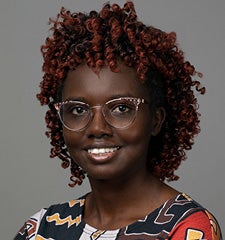
Abigael Cheruiyot, PhD
Joslin Diabetes Center
Postdoctoral Fellow
Abigael is interested in discussing:
- Transitioning to faculty
- Negotiating during job offers
- Work/life balance

Hee Sun Choi, PhD
Brigham and Women’s Hospital
Postdoctoral Fellow
Hee Sun is interested in discussing:
- Different career options
- Work/life balance
- Networking in academia and industry
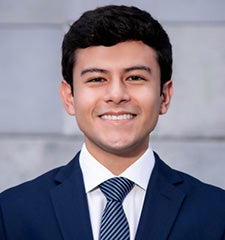
Alvaro Delgado, MD, MMSc Candidate
Harvard Medical School/Beth Israel Deaconess Medical Center
Postdoctoral Research Fellow
Alvaro is interested in discussing:
- Medical residency application process
- Leadership in medicine
- Research/clinical balance

Mario Flores, MD, PhD
Harvard T.H. Chan School of Public Health
Research Scientist
Mario is interested in discussing:
- Career pathways
- Going back to clinical medicine
- Work/life balance
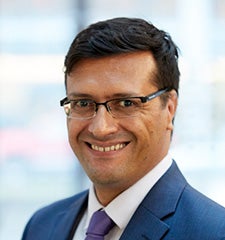 Jorge Chavarro, MD, ScD
Jorge Chavarro, MD, ScD
Associate Professor, Harvard T.H. Chan School of Public Health
Jorge Chavarro is associate professor of nutrition and epidemiology at the Harvard T.H. Chan School of Public Health, and associate professor of medicine at Harvard Medical School. His research is focused on understanding how nutrition and lifestyle impact human reproduction from pre-conception and throughout life. He conducts research aimed at understanding how different nutritional and metabolic factors influence fertility, in women and men, as well as treatment outcomes in couples undergoing assisted reproduction. In addition, he studies how nutrition and lifestyle impact health during pregnancy and how this impacts the health of mother and child after birth. Chavarro is also the principal investigator of the Nurses’ Health Study 3 – an ongoing prospective cohort of young professional women started in 2010 designed to investigate the role of lifestyle and biologic factors on women’s health. He also leads the nutritional component of the EARTH Study, an ongoing prospective cohort of couples undergoing infertility treatment at Massachusetts General Hospital. He has also served as a peer-reviewer for multiple NIH panels.
What are you looking forward to as a mentor this year in the program?
I am very much looking forward to meeting my group and having a months-long conversation into their hopes and plans for their careers. Every year that I have participated in the Career Catalyst program has brought together groups with different career paths, different scientific and clinical expertise, different plans for what they hope to accomplish during the program and in their careers afterwards. One of the things that I always find exciting is seeing the group realize that despite the many differences they may identify between them, there are a lot more commonalities between them and how these relate to pursuing an academic career.
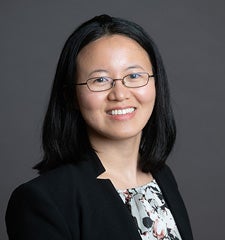
Lan Luo, MD, MS
Beth Israel Deaconess Medical Center
Instructor of Neurology
Lan is interested in discussing:
- Promotions
- Grant resouces
- Work/life balance
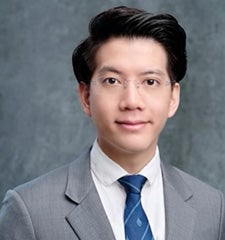
Soravis Osataphan, MD
Beth Israel Deaconess Medical Center
Clinical Fellow
Soravis is interested in discussing:
- Job searching
- International career opportunities
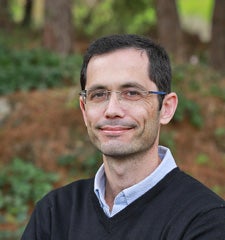
Jacob Vine, MD
Beth Israel Deaconess Medical Center
Research Fellow
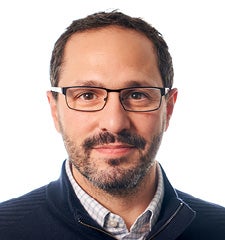 Michael Mansour, MD, PhD
Michael Mansour, MD, PhD
Associate Professor, Massachusetts General Hospital
Michael Mansour serves as a faculty member in the Division of Infectious Diseases at Massachusetts General Hospital (MGH). He currently attends on the Clinical Transplant Infectious Diseases and Immunocompromised Host Service, where he cares for solid and stem cell transplant recipients and those individuals with weakened immunity. Additionally, he is an investigator overseeing a laboratory focusing on innate immune responses to infectious pathogens. He maintains funding through NIH RO1 grants, the U.S. Department of Defense, and industry sponsors. The research objectives of his laboratory are neutrophil responses to invasive infections, specifically fungal pathogens. He directs several immunology and infectious diseases clinical trials aimed at using biomarkers for immune profiling patients for improved prognostication and risk stratification. His work has contributed to several technological advances centered on generating neutrophils as cellular therapies and immune augmentation. He sits on several committees to develop treatment guidelines for transplant infectious diseases, immunomodulatory treatments, COVID-19 infection, and the treatment of invasive fungal infections. He received his MD and PhD from Boston University School of Medicine and completed his medical residency at MGH, where he also served as a chief resident before completing the Harvard combined infectious diseases training program at the MGH and Brigham and Women’s Hospital.
How has mentoring impacted your own career?
Mentoring is an essential part of one’s career development. Without a rich network of colleagues around me, I would not have been able to accomplish my goals.

Brittany Boribong, PhD
Massachusetts General Hospital
Postdoctoral Fellow
Brittany is interested in discussing:
- Different types of faculty positions
- How to be an effective mentor and teacher
- Work/life balance
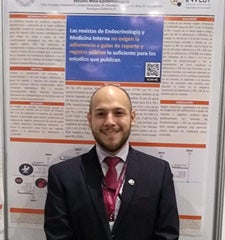
Fernando Diaz Gonzalez Colmenero, MD
Massachusetts General Hospital
Research Fellow
Fernando is interested in discussing:
- Grant applications
- How to transition to a different position
- Networking in academia
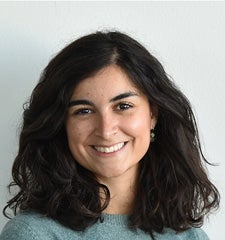
Joana Ferreira da Silva, PhD
Massachusetts General Hospital, Harvard Medical School
Postdoctoral Fellow
Joana is interested in discussing:
- Career pathways in industry
- Transitioning to a faculty position
- Leadership and management skills
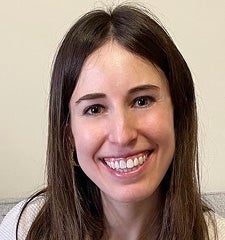
Danielle Moskow, PhD
Massachusetts General Hospital
Postdoctoral Fellow
Danielle is interested in discussing:
- Career pathways in psychology
- Integrating clinical work, research, and teaching
- Work/life balance
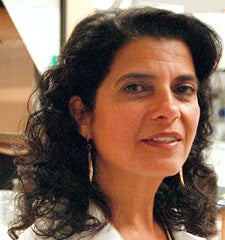 Marsha Moses, PhD
Marsha Moses, PhD
Professor, Boston Children’s Hospital
Marsha Moses is the Julia Dyckman Andrus Professor at Harvard Medical School and the director of the Vascular Biology Program at Boston Children’s Hospital. She has made significant contributions to our understanding of the biochemical and molecular mechanisms that underlie the regulation of tumor growth and progression. Named a pioneer in the field of biomarker medicine by the Journal of the National Cancer Institute, she created a proteomics initiative at Boston Children’s Hospital and has utilized its resources, including an extensive human biorepository and her significant expertise in proteomics, to discover and validate a number of novel, non-invasive, urinary biomarkers for a variety of human cancers as well as non-neoplastic diseases.
How has mentoring impacted your own career?
Mentoring aspiring young scientists and clinicians has been a priority of mine throughout my career. With that said, I have no doubt that I have learned as much from my mentees as they have from me. It continues to be a lesson in perseverance, diligence, and generosity of spirit.
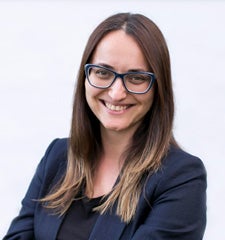
Lucy Gordon, PhD
Harvard Medical School
Postdoctoral Fellow
Lucy is interested in discussing:
- Transitioning to a faculty position
- Career pathways (other than faculty) in academia and industry
- Establishing an independent research identity
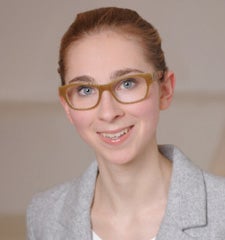
Katharina Hoebel, MD, PhD
Dana-Farber Cancer Institute
Research Fellow
Katharina is interested in discussing:
- Transitioning to a faculty position
- Work/life balance
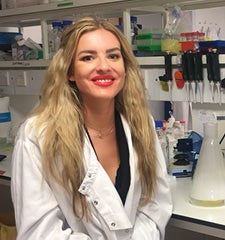
Kristine Oleinika, PhD
Boston Children’s Hospital
Research Fellow
Kristine is interested in discussing:
- Transitioning to a faculty position
- Integrating into the U.S. research community
- Work/life balance
 Ken Mukamal, MD
Ken Mukamal, MD
Professor, Beth Israel Deaconess Medical Center
Ken Mukamal serves as associate chief for the research section of the Beth Israel Deaconess Medical Center Division of General Medicine and as site director for the T32 general medicine fellowship program. His main interests are in cardiovascular and neurocognitive epidemiology, especially related to the pathways by which lifestyle factors lead to clinical outcomes. Mukamal also has a substantial interest in teaching research methodology, having served for several years as associate program director for the large internal medicine residency.
How has mentoring impacted your own career?
I have been lucky to have a whole series of influential, generous, and complementary mentors through my career, most of whom remain close friends and collaborators. In addition to those key figures, without whom my career would have failed utterly, I have also been fortunate to have more focused mentors, who gave me important career or personal coaching at important junctures in my development. It’s a tremendous gift to have had so much support, a gift that I won’t ever be able to satisfactorily repay.
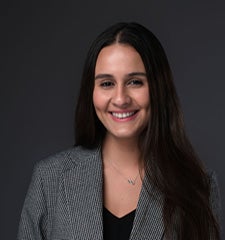
Isabel Gonzalez-Bocco, MD, MS
Brigham and Women’s Hospital
Postdoctoral Research Fellow
Isabel is interested in discussing:
- Transitioning into residency
- Research/clinic balance
- Leadership in medicine
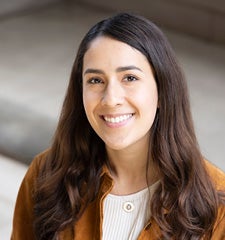
Juliana Perez Pinzon, MD
Beth Israel Deaconess Medical Center
Postdoctoral Research Fellow
Juliana is interested in discussing:
- Early career research pathways
- Research/clinical balance
- Tools for quality clinical research
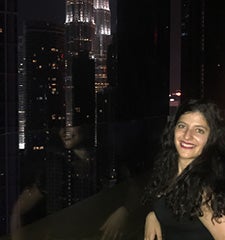
Helena Sandoval-Insausti, MD, PhD
Harvard T.H. Chan School of Public Health
Research Associate
Helena is interested in discussing:
- Transitioning to a faculty position
- Career pathways
- Grants and other funding opportunities
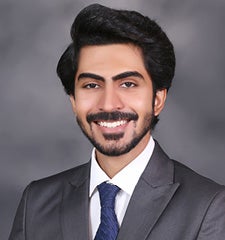
Sheikh Muhammad Usman Shami, MB, BS
Beth Israel Deaconess Medical Center
Postdoctoral Research Fellow
Sheikh Muhammad Usman is interested in discussing:
- How to build an excellent relationship with your mentor
- Work/life balance
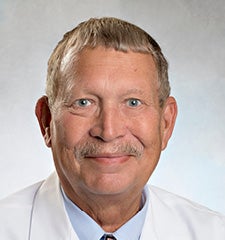 Andrew Onderdonk, PhD
Andrew Onderdonk, PhD
Professor, Brigham and Women’s Hospital
Andrew Onderdonk recently stepped down as director of clinical microbiology at Brigham and Women’s Hospital. He now works part-time teaching residents and mentoring young scientists. He has a lifelong interest in the role of microorganisms in human health and disease. He continues to collaborate with a number of investigators within Harvard University and its affiliates on various aspects of the human microbiome.
What are you looking forward to as a mentor this year in the program?
I look forward to helping our young scientists grow their own careers and hope that I can provide some insight and guidance as they move forward.
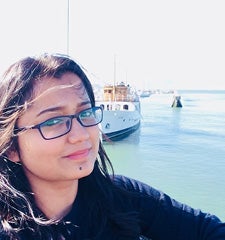
Sreya Banerjee, PhD
Massachusetts General Hospital
Research Fellow
Sreya is interested in discussing:
- Transitioning to a faculty position
- Career pathways in industry
- Effective communication
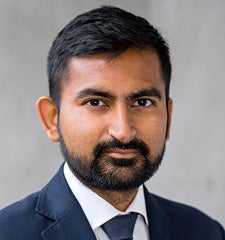
Jiten Doshi, PhD
Mass Eye and Ear Infirmary
Postdoctoral Fellow
Jiten is interested in discussing:
- Career guidance
- Networking and finding mentors
- Career pathways in industry
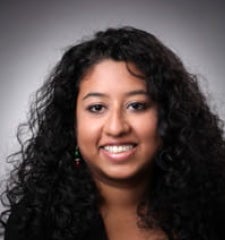
Shreyasi Mukherjee, PhD
Massachusetts General Hospital
Research Fellow
Shreyasi is interested in discussing:
- Career pathways in academia
- Cultivating mentee-mentor relationships
- How to prepare for faculty positions
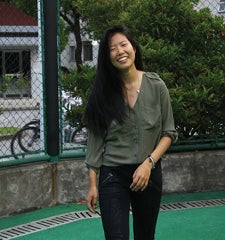
Xiaomeng Sun, PhD
Broad Institute
Postdoctoral Associate
Xiaomeng is interested in discussing:
- Transitioning to a faculty position
- Tenure-track at Harvard Medical School
- Tenure-tack opportunities for bioinformaticians
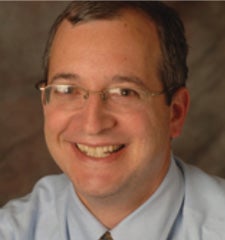 Dan Press, MD
Dan Press, MD
Associate Professor, Beth Israel Deaconess Medical Center
Dan Press is chief of the division of cognitive neurology at Beth Israel Deaconess Medical Center and is a member of the Parkinson’s disease and Movement Disorders Center. He’s interested in neurodegenerative conditions such as Alzheimer’s disease, Parkinson’s disease, and Lewy Body diseases. His current research is funded by the National Institutes of Health and the Harvard Center for Neurodiscovery, along with other foundations.
What are you looking forward to as a mentor this year in the program?
I look forward to meeting my group and seeing how we can work together to brainstorm strategies. There are always recurring themes to the challenges, but also new aspects that require us to all work together to think of how to face them.
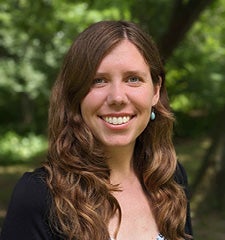
Grace Jacobs, PhD
Brigham and Women’s Hospital, Harvard Medical School
Postdoctoral Research Fellow
Grace is interested in discussing:
- Applying and transitioning to faculty positions
- Leadership and mentorship
- Networking
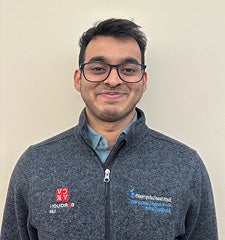
Ninaad Lasrado, PhD
Beth Israel Deaconess Medical Center
Postdoctoral Research Fellow
Ninaad is interested in discussing:
- Work/life balance
- People management skills and being a good mentor
- Transitioning to a junior faculty position
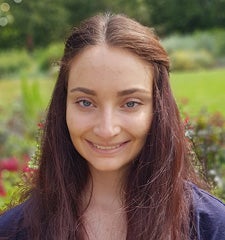
Garance Meyer, PhD
Brigham and Women’s Hospital
Postdoctoral Fellow
Garance is interested in discussing:
- Transitioning to a faculty position
- The academic landscape in the U.S.
- Career development skills
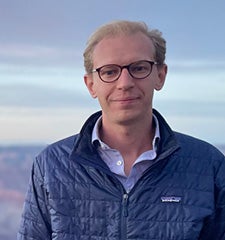
Stuart Quinn, PhD
Dana-Farber Cancer Institute
Postdoctoral Fellow
Stuart is interested in discussing:
- Transitioning to a faculty position
- Science policy and funding
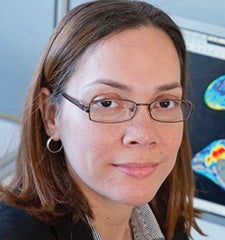 Yakeel T. Quiroz, PhD
Yakeel T. Quiroz, PhD
Associate Professor, Massachusetts General Hospital
Yakeel Quiroz-Gaviria is associate professor in the Departments of Psychiatry and Neurology at Harvard Medical School and Massachusetts General Hospital (MGH). She is also the director of the MGH Familial Dementia Neuroimaging Lab and the Multicultural Alzheimer’s Prevention Program. Additionally, she serves as director of the MGH Multicultural Assessment and Research Center and the MGH postdoctoral and predoctoral training programs in multicultural neuropsychology. Her research interests include brain imaging, genomics, early detection and preclinical biomarkers of Alzheimer’s disease and other dementias. She is the principal investigator of two NIH NIA R01 grants and co-investigator of both the Harvard Aging Brain Study and the Alzheimer’s Clinical Trials Consortium. Quiroz-Gaviria’s work has provided evidence of brain abnormalities in cognitively intact individuals at genetic risk for Alzheimer’s disease, decades before their clinical onset. Her findings have helped the field to re-conceptualize Alzheimer as a sequence of changes that begins decades before cognitive decline. She earned her master’s degree in cognitive neuroscience and PhD in clinical psychology from Boston University.
How has mentoring impacted your own career?
I believe that mentoring is a bi-directional process. My mentees have contributed to my personal and scientific growth. I encourage them to provide continued feedback and do my best to integrate their recommendations.
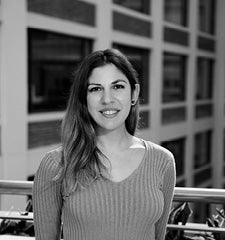
Ezgi Antmen, PhD
Massachusetts General Hospital, Harvard Medical School
Research Fellow
Ezgi is interested in discussing:
- Career pathways in industry
- Ways to increase self-awareness
- Time and priority management
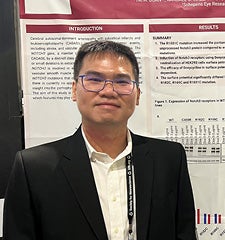
Tri Doan, MD, PhD
Massachusetts General Hospital
Postdoctoral Fellow
Tri is interested in discussing:
- Transitioning to a faculty position
- How to build a good mentor-mentee relationship
- Work/life balance
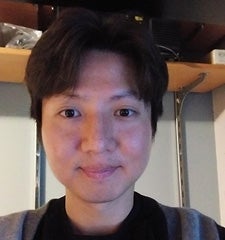
Wonsang Hwang, PhD
Massachusetts General Hospital
Research Fellow
Wonsang is interested in discussing:
- Career pathways in academia
- Navigating cultural barriers
- Work/life balance
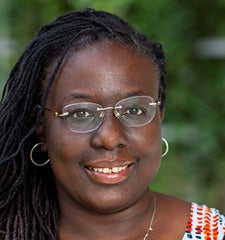 Adama Sesay, BSc(hons), MSc, PhD
Adama Sesay, BSc(hons), MSc, PhD
Senior Staff Engineer II, Wyss Institute for Biologically Inspired Engineering
Adama Sesay leads the bio sensing and diagnostic group at the Wyss Institute for Biologically Inspired Engineering. She is an innovative engineering/scientific leader with significant expertise in bio sensing and biochemical sensing technologies, chemistry, materials, microfluidics, micro-fabrication and microsystems development. Sesay leads a dynamic team of scientist and bioengineers focused on applying and manipulating novel materials to develop biomaterials, microsystems, and analytical devices for medical/environmental diagnostics and industrial applications. Her current research interests are integrating biochemical sensing functionality into organ-on-the-chip platform, micro-bioreactors, and novel “smart” biomaterials. Previously, Sesay worked as a part of the unit of measurement technology at the University of Oulu, Finland as a project manager and principal investigator. Sesay obtained her bachelor’s degree in environmental chemistry and molecular science at University of Sussex and her MSc and PhD from the Institute of Bioscience and Technology at Cranfield University. She additionally completed an Industrial Marie Currie Postdoctoral Fellowship on rapid prototyping and micro-factories at the Danish Technological Institute.
What are you looking forward to as a mentor this year in the program?
To meet and get to know new people and provide guidance and support to young scientists and engineers as they navigate their careers at this stage.
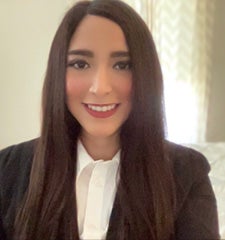
Laura Aguilar Franco, MD, MPH Candidate
Beth Israel Deaconess Medical Center, Harvard T.H Chan School of Public Health
Postdoctoral Fellow
Laura is interested in discussing:
- Transitioning to a medical residency
- How to be a physician and scientist at the same time
- The importance of having other passions in life
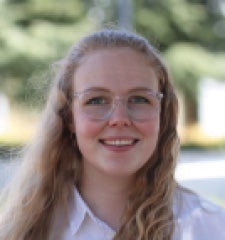
Louise Hansen, PhD
Wyss Institute
Postdoctoral Fellow
Louise is interested in discussing:
- Transitioning to a faculty position
- How to make the most of your time as a postdoc
- Fellowships, grants, and other writing deliverables
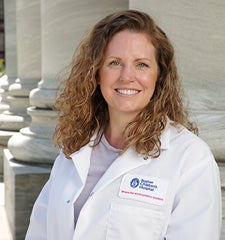
Christine Hehnly, PhD
Boston Children’s Hospital
Postdoctoral Fellow
Christine is interested in discussing:
- How to make the most of a postdoc position
- How to decide on projects for postdoc and early career
- Work/life balance
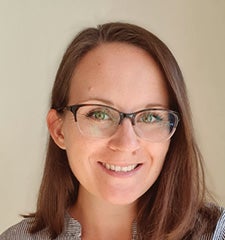
Kirstin Oliveira Roster, PhD
Harvard T.H. Chan School of Public Health
Postdoctoral Research Fellow
Kirstin is interested in discussing:
- Pathway to independence as a researcher
- Transitioning to a faculty position
- Interdisciplinary collaboration
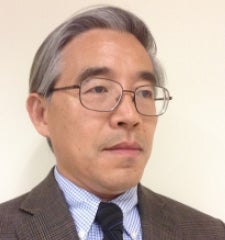 Lijun Sun, PhD
Lijun Sun, PhD
Associate Professor, Beth Israel Deaconess Medical Center
Lijun Sun is director of the Center for Drug Discovery and Translational Research at Beth Israel Deaconess Medical Center and associate professor of surgery at Harvard Medical School. He has served as the principal investigator or co-investigator for a number of translational research projects. He has a longstanding interest in the design and synthesis of bioactive small molecules and their application as pharmacological tool compounds to delineate the functions of novel biological targets. Sun has significant expertise in drug discovery and inflammatory diseases as well as drug discovery and chemical process development. His professional career in drug discovery has included leadership roles at Shionogi BioResearch, Synta Pharmaceuticals, and Theracrine. He has been granted more than 140 awards and pending U.S. patents and has discovered a number of novel small-molecule drug candidates. He received his PhD in organic chemistry from Emory University and completed postdoctoral training at the Emory University School of Medicine.
How has mentoring impacted your own career?
I have been very fortunate to collaborate with many established PI’s within the Harvard Medical School community, and through our collaboration they have provided numerous guidance and support that impacts my career until this day.
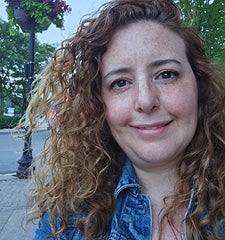
Selma Boulenouar, PhD
Brigham and Women’s Hospital
Instructor
Selma is interested in discussing:
- Transitioning to assistant professor
- Community building
- Work/life balance
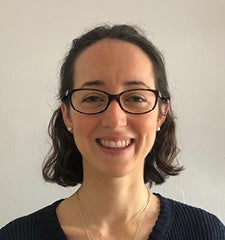
Anush Chiappino-Pepe, PhD
Harvard Medical School
Postdoctoral Fellow
Anush is interested in discussing:
- Transitioning to a faculty position
- Increasing representation of women & minorities in science
- Planning career milestones
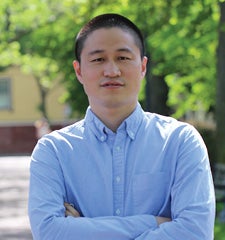
Maoxuan Lin, PhD
Brigham and Women’s Hospital
Postdoctoral Fellow
Maoxuan is interested in discussing:
- Transitioning to a faculty position
- Career pathways in industry
- Project management
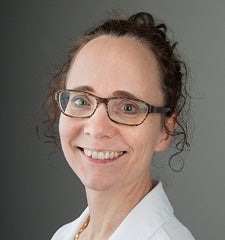 Veronique VanderHorst, MD, PhD
Veronique VanderHorst, MD, PhD
Associate Professor, Beth Israel Deaconess Medical Center
Veronique VanderHorst is associate professor of neurology at Harvard Medical School and staff physician in the Parkinson’s Disease and Movement Disorders Center at Beth Israel Deaconess Medical Center (BIDMC). In her current research, she integrates her clinical and neuro-anatomical/physiological experience to study connections and functions of brainstem and spinal circuitries that control muscle tone, posture, breathing and walking, in normal conditions and in disease models of dystonias, parkinsonism, and sleep apnea. She makes use of state-of-the-art chemogenetic and optogenetic technologies in combination with tract tracing and electrophysiology in animal models, while translational efforts include collaborative clinical-pathological and clinical studies. A major focus in her work is on translatable outcome measures. Her work has been funded by the National Institutes of Health, the Bachmann Strauss Dystonia and Parkinson Foundation, Center for Mind Brain Restoration, and the Goldberg Foundation. She earned her PhD in neuroscience from the University of Groningen in the Netherlands, was awarded a fellowship from the Royal Netherlands Academy of Arts and Sciences and completed a neurology residency training and movement disorders fellowship at BIDMC.
What are you looking forward to as a mentor this year in the program?
I will be looking forward to getting to know the mentees and see them build their confidence when it comes to balancing career and personal decisions.
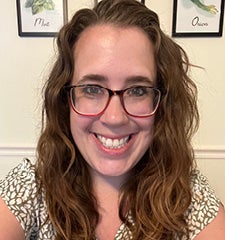
Maggie Chasse, PhD
Boston Children’s Hospital
Postdoctoral Fellow
Maggie is interested in discussing:
- How to develop a research program
- How to balance research and teaching
- Peer mentorship
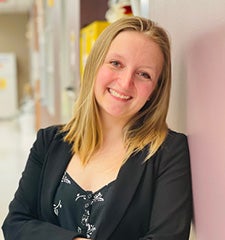
Ashley DeYong, PhD
Beth Israel Deaconess Medical Center, Harvard Medical School
Research Fellow
Ashley is interested in discussing:
- Transitioning to a faculty position
- Career paths in industry
- Career guidance
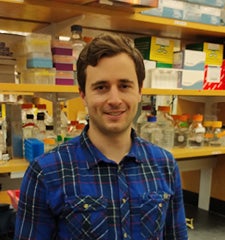
Thomas Dixon-McDougall, PhD
Harvard Medical School
Postdoctoral Fellow
Thomas is interested in discussing:
- Transitioning to a faculty position
- Transitioning into industry
- CV guidance
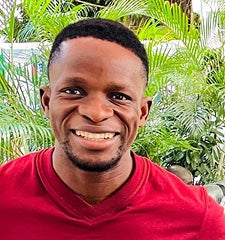
Oladimeji Mudele, PhD
Harvard T.H. Chan School of Public Health
Postdoctoral Fellow
Oladimeji is interested in discussing:
- Transitioning to a faculty position
- How to get an NIH Pathway to Independence Award (K99)
- Leadership and collaboration
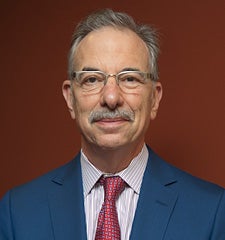 Bruce Zetter, PhD
Bruce Zetter, PhD
Professor, Boston Children’s Hospital
Bruce Zetter is the Charles Nowiszewski Professor of Cancer Biology at Harvard Medical School. Previously, he served as vice president for research and chief scientific officer at Boston Children’s Hospital. He is known for his research on cancer biology, diagnosis, and treatment. He currently works to find treatments for highly aggressive, metastatic cancers. He also serves as an advocate for young scientists and for improved academic-industry relationships.
What are you looking forward to as a mentor this year in the program?
My group last year took the program to heart and met both with me and with each other every month. They listened to each other as much as they listened to me. I also learned from them what it was like to be a young scientist today and what issues they faced and what gave them anxiety. I’m hoping to have a similar experience this year. One that is a two-way street where we learn from each other and grow throughout the year.
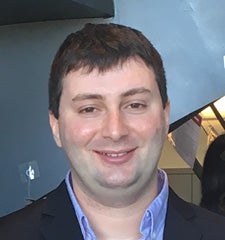
Martin LaFleur, PhD
Harvard Medical School
Postdoctoral Fellow
Martin is interested in discussing:
- Transitioning to a faculty position
- How to build a professional reputation
- How to establish mentoring relationships
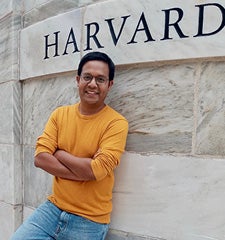
Rubul Mout, PhD
Boston Children’s Hospital, Harvard Medical School
Research Fellow
Rubul is interested in discussing:
- Transitioning to an independent PI position
- Science and society
- Biotechnology
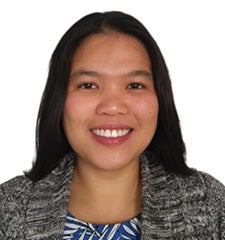
Lien Nguyen, PhD
Brigham and Women’s Hospital
Research Fellow
Lien is interested in discussing:
- Transitioning to a faculty position
- Grant and fellowship applications
- Ways to participate in science advocacy
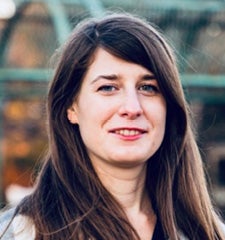
Anna Stejskalova, PhD
Harvard Medical School
Postdoctoral Fellow
Anna is interested in discussing:
- Careers in academia
- Work/life balance

